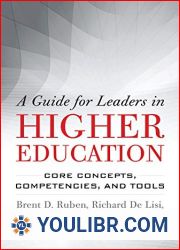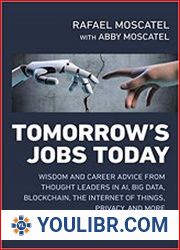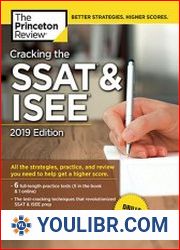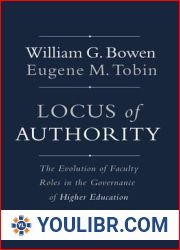
BOOKS - A Guide for Leaders in Higher Education: Core Concepts, Competencies, and Too...

A Guide for Leaders in Higher Education: Core Concepts, Competencies, and Tools
Author: Brent D. Ruben
Year: November 17, 2016
Format: PDF
File size: PDF 14 MB
Language: English
Year: November 17, 2016
Format: PDF
File size: PDF 14 MB
Language: English
At a time when higher education faces the unprecedented challenges of declining revenues and increased scrutiny, questions about access, cost, and the value of degrees, and the imperative to educate a more diverse student body, there is an urgent need for leadership that is conversant with, and able to deploy, the competencies, management tools, and strategic skills that go beyond the technical or disciplinary preparation and "on the job" training that most leaders have received.This book is intended as a practical resource for academic and administrative leaders in higher education who seek guidance in dealing with today's complexity, opportunities, and demands. It is also addressed to those who aspire to hold positions of leadership, and to the many faculty and staff members who serve in informal leadership roles within their departments, disciplines, or institutions. Additionally, the book serves as a guide and resource for those responsible for the design and implementation of leadership development programs in higher education.While recognizing the differences in mission and circumstance across institutional types, the authors begin by offering a foundational understanding of higher education as a sector, the political, social, and economic climate in which it operates, and the potential opportunities ahead. Subsequent sections of the book cover leadership concepts and competencies, along with a series of applied tools for leadership and organizational effectiveness. Each chapter concludes with related case studies and guiding questions for further reflection. The final section highlights models for developing institutional leadership programs that progressively meet the needs of leaders along their careers.The content and format of this book reflect the authors' views that leadership development is most effective when it is an intentional, reflective, and systematic experience. While they espouse the practice of general principles of leadership, they also take into account the unique context of higher education with its numerous internal and external stakeholders, multiple missions, particular organizational governance, and a culture that fosters individual autonomy and creativity.
















































